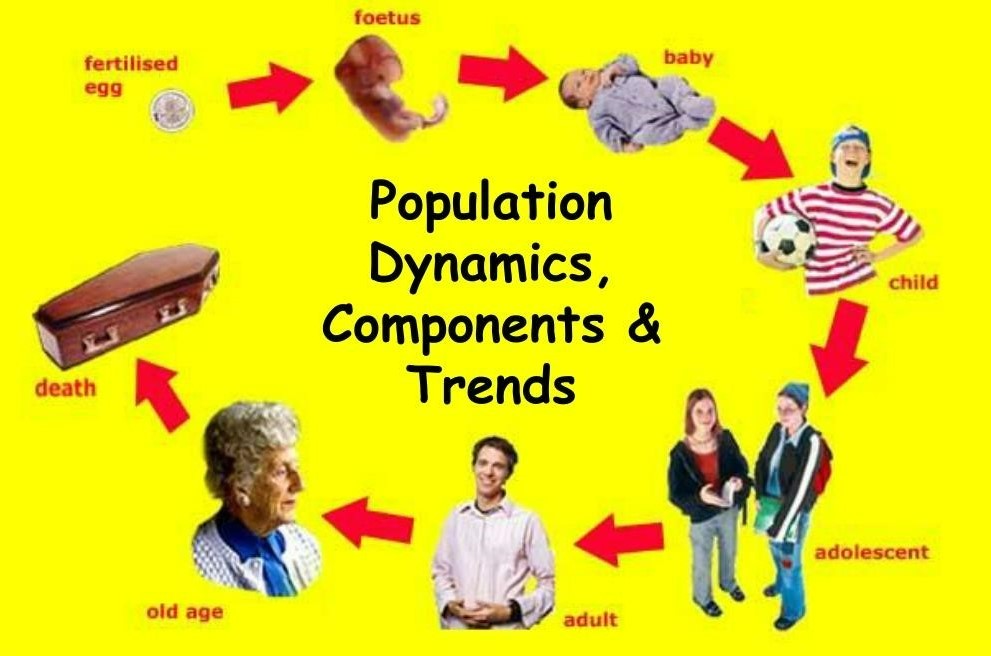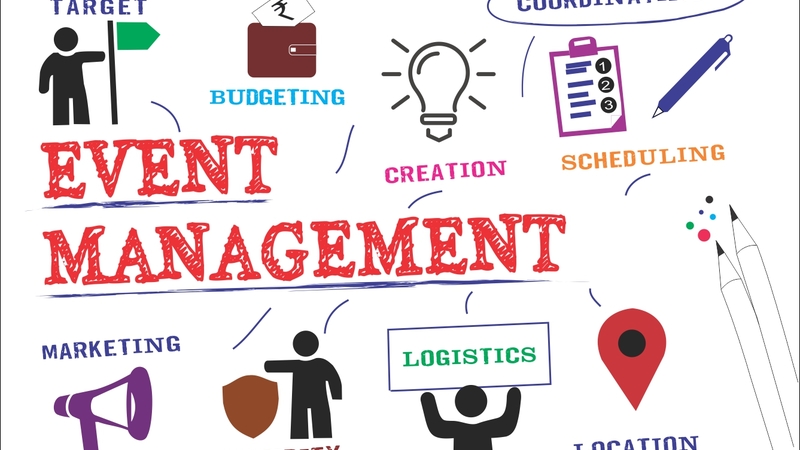
NEUERE DEUTSCHE LITERATUR-I
CO1: Outline the literature of 20th and 21st century
CO2: Familiarise with the contemporary German literature and majors writers
CO3: Distinguish the salient features of the most prominent writers of 20th and 21st
Century of literature from German speaking countries
CO4: Evaluate the socio-political engagement of the contemporary literary works
CO5: Compare the themes selected for majors literary works of 20th and 21st
With the post war influence and its impact on German mindset towards outside world
CO6: Formulate the world view from these literary creations for the sustainable
Development and world piece

Research Methodology
CO1: Identify appropriate research topics; equip the students with the opportunity to
independently carry out an in-depth inquiry to investigate a research question(s) of
their choice and develop them as a research minded practitioners
CO2: Select and define appropriate research problem and parameters; outline qualitative and
quantitative methodologies
CO3: Choose suitable research methodology and select sources for literature review and data
collection
CO4: Analyse the sources and interpret the selected theme
CO5: Design the conclusions
CO6: Compose the thesis and revaluate

LITERARY CRITICISM- I
After Completion of the modules, the student should be able to:
- 1. To develop a wholesome picture of major exponents of Indian literary criticism and their ideas and different standpoints.
- To read and understand the major texts in Sanskrit dealing with literary theories and related concepts.
- To understand and critically analyse the history of Sanskrit literary theories and evaluate the literature in general by applying the Sanskrit literary theories.
- To analyse all creative writings in the light of Dhvani or suggestion and ability to appreciate the literary taste scientifically.
- To develop aesthetic and cultural values and promote the virtues of life and to develop presentation and communication skills through Sanskrit poetics.
- To apply the knowledge in new situations and to present communicative skills in linguistics and etymology.
- To understand the division of Dhvani in detail and to understand the usages of varna, pada, vakya in literature.
- To get an awareness about the contributions in later works based on the concept of Dhvani in Malayalam and other literature.

DEM - GC - 501 KERALA'S POPULATION DYNAMICS
This Course is offered to the I semester PG students outside the department as an elective course .

COM-BE-513 ADVANCED CORPORATE ACCOUNTING
PSO: Knowledge of Indian Accounting Standards and skill in preparing financial statements of corporates including consolidated financial statements and accounting for amalgamation and liquidation of companies.
CO1: Understand the trade related Accounting Standards and their application
CO2: Understand and Recognize the convergence of IFRS and Ind AS
CO3: Acquire the skill for preparing Financial Statements by applying relevant Accounting Standards
CO4: Understand and Apply the knowledge in accounting for Amalgamation
CO5: Understand and do Accounting for Liquidation of Companies

EVENT MANAGEMENT
Introduction to Events: History – Scope – Nature and Importance – Types of Events - Unique features and similarities – Individual events and corporate events, conference and convention centers, types of venues for conducting events – Practices in Event Management - Key steps to a successful event.
Event Planning and organizing: Planning Function – Needs for Planning – Types of Planning – Problem Solving and Crisis Management – Leadership and Participants Management – Managing People and Time – Site and Infrastructure Management.
Introduction to MICE: Planning MICE, Components of the Conference Market, Characteristics of Conferences and Conventions, MICE as a supplement to Tourism, the nature and demand of Conference markets – The Economic and Social significance of Conventions, process of Convention Management.
Event Marketing: Customer care – Marketing equipments and tools – Key Issue for Event Marketing – Event Promotion and Advertising – Event Co-ordination – Visual and Electronic Communication – Event Presentation
Evaluation of Event: Measuring Performance – Critical Evaluation – Measuring Interaction – Case Studies of events of National and International importance
Travel Fairs and players in event business – Benefits of Fairs - ITB, WTM, BTF, TTW, FITUR, KTM, IITM, CII-Events, PATA Travel Mart; Travel players: ICPB, ICCA.

MPhil Paper 1 - RESEARCH METHODOLOGY
This section includes Research and process of thinking, Procedural steps in Research, Process of literary research that includes various steps and methods in research .
